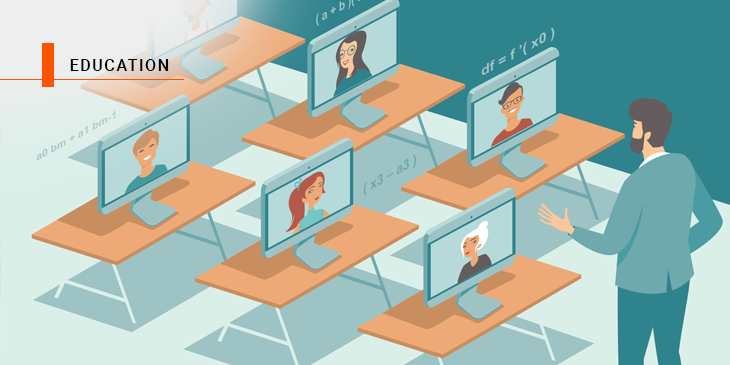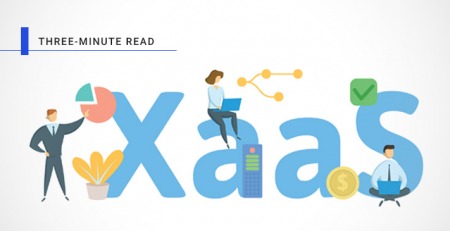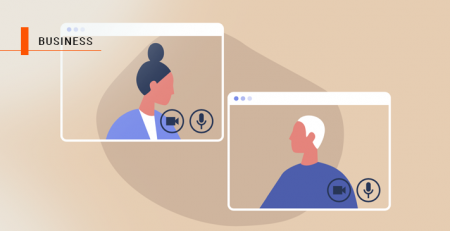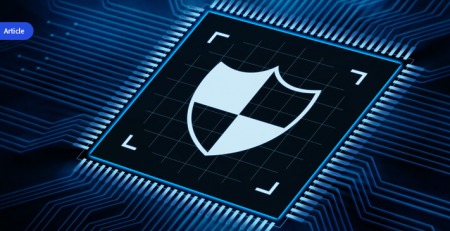Do online classes change the value of a college degree?
Going to college is expensive, even when the only place you’re “going” is online. Many universities are switching from in-person classes to online instruction in the wake of the novel Coronavirus. However, far fewer are changing their fee structure.
It’s a move that’s left some wondering, “Are online attendees getting less than they’re paying for?”
Never mind that Stanford, Harvard, MIT and John Hopkins University are among dozens of top-tier schools that have been offering online courses for the better part of a decade. Or that 61% of surveyed hiring managers consider online credentials to be equal to or better than traditional, in-person coursework.
When learning online is the one and only option, there’s understandable concern over students being shortchanged. But what’s the real value of obtaining a degree online?
Why are students questioning the value of online classes?
For many students, online classes fall short of the college experience they say they paid for. It’s even led to petitions for tuition refunds and tuition strikes all over the country.
Be it an emotional connection to their campuses or the love of the lecture, an online only college education flies in the face of what some consider to be the most critical components of earning a degree.
These are students for whom online instruction was an option they passed over in favor of the social connections, recreational activities, research labs and equipment and other student services provided in a traditional higher ed environment.
Other students complain about the delivery of the material, citing subpar audio or video. Turns out, it’s difficult to reconcile paying thousands in tuition only to suffer through a professor’s unreliable internet connection.
With those tuition fees on the rise, their loan sizes increasing and major tech companies no longer requiring some of their employees to have college degrees, it makes sense there are lingering questions about whether it’s all worth it.
Why online classes might still be just as valuable.
As far as the larger job market is concerned, a college degree, whether obtained online or in person, still offers job seekers huge advantages.
One Northeastern University survey of employers found “that the value of educational credentials in hiring has either increased (48%) or held steady (29%) over the last five years.” This is consistent with labor market data compiled from firms like Burning Glass Technologies that illustrate, “more than half of all job openings nationwide over the last year preferred at least a bachelor’s degree.”
A college degree, whether obtained online or in person, still offers job seekers huge advantages.
But your chances of finding a job don’t just increase by having a college degree, so does your pay.
According to research from the Federal Reserve Bank of New York, college graduates enjoy a “substantial wage premium” that’s as high as it’s ever been.
Just like the wage rewards, it appears the demands for educated employees are also on the rise.
In one HBR survey, “64% of employers agreed that the need for continuous lifelong learning will demand higher levels of education and more credentials.”
Of course, online classes have the potential to offer graduates and hiring managers more than proof of completion alone.
Digital learning environments allow students to showcase exactly what they’ve learned through an archive of notes, assignments, assessments and even syllabi.
What changes do universities need to make?
We can safely say degrees aren’t doomed. But for online classes to truly prove they’re a value-add, universities need to make some changes.
Verified certificates, badges, nanodegrees and MicroMasters are just some of the changes sweeping higher education.
Many of these accolades take less time to complete, have high legitimacy and are “machine discoverable,” so employers can make strategic hires by searching for skills suited to a certain position.
Universities would do well to recognize that college isn’t the only way to gain a rich education. Like the concept of Open Badges indicates, learning can take place through many facets of life.
Soon, hiring departments may view a collection of badges or a verified certificate from Massive Open Online Courses, or MOOCs, as more up-to-date than the traditional degree. They may even prefer it because of the level of information they can communicate. And with free or low-fee classes springing up everywhere, university tuition rates may need to go back to school, too.
Content created and provided by ONEAFFINITI.












